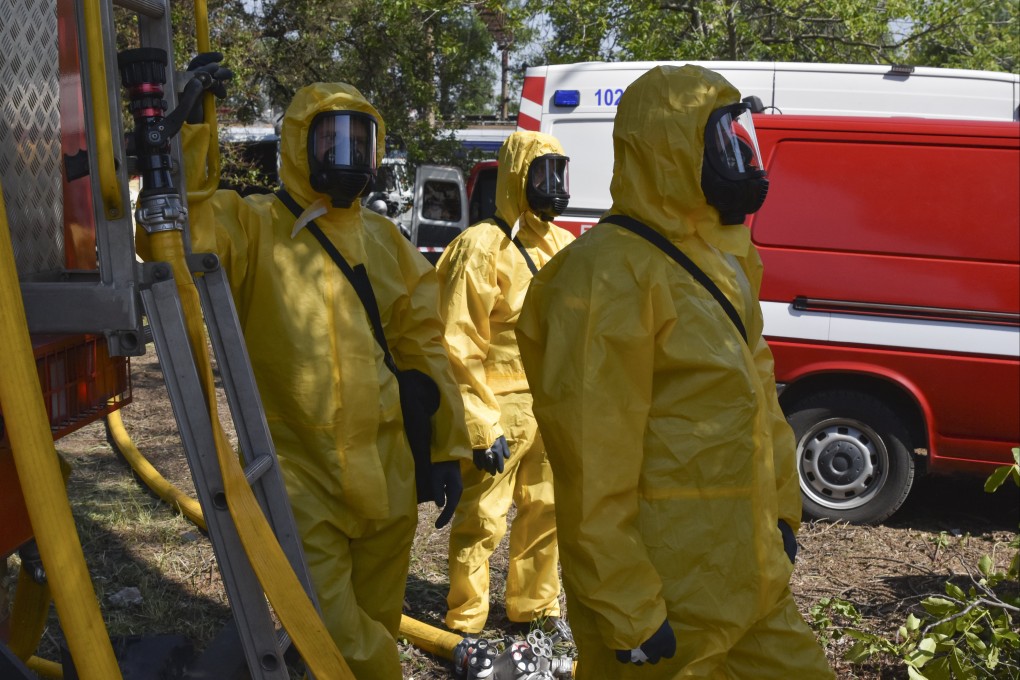Advertisement
Opinion | A fallout of the Ukraine war is the erosion of the global nuclear non-proliferation regime
- The war has renewed discussion about the value of nuclear weapons to state security
- Meanwhile, the failure to renew or replace the New START treaty could lead to a dangerous global arms race
Reading Time:3 minutes
Why you can trust SCMP
2

The nuclear non-proliferation regime permits access to nuclear technology for peaceful purposes, forbids non-nuclear-weapon states from making weapons using this technology and urges states with nuclear weapons to pursue disarmament in good faith.
The safety and security of nuclear technology is also part of the regime’s mandate. However, it has been influenced by major global geopolitical developments throughout its existence – the Ukraine war being a case in point.
This conflict has recalibrated the importance of nuclear weapons in the global political system, giving rise to the debate about whether Russia would have taken the steps it did had Ukraine been in possession of nuclear weapons. The lesson here is that nuclear weapons are essential for establishing a deterrent and ensuring the survival of a state, particularly in the face of a nuclear-armed or conventionally strong rival.
Last year, former Japanese prime minister Shinzo Abe said Japan should consider hosting US nuclear weapons, a suggestion turned down by Prime Minister Fumio Kishida. Poland revealed it had approached the US about sharing nuclear weapons, although a White House official said they were unaware of the issue being raised. Iran said it had the capacity to develop nuclear weapons, but does not intend to do so.
In January this year, South Korean President Yoon Suk-yeol said the country would consider building nuclear weapons or asking the US to deploy them on its territory if the North Korean nuclear threat grew. However, in April, the country agreed with the US that Washington would periodically send US nuclear-armed submarines to South Korea and involve Seoul in its nuclear planning.
More countries acquiring nuclear weapons would undermine the effectiveness of the nuclear non-proliferation regime.
Advertisement
